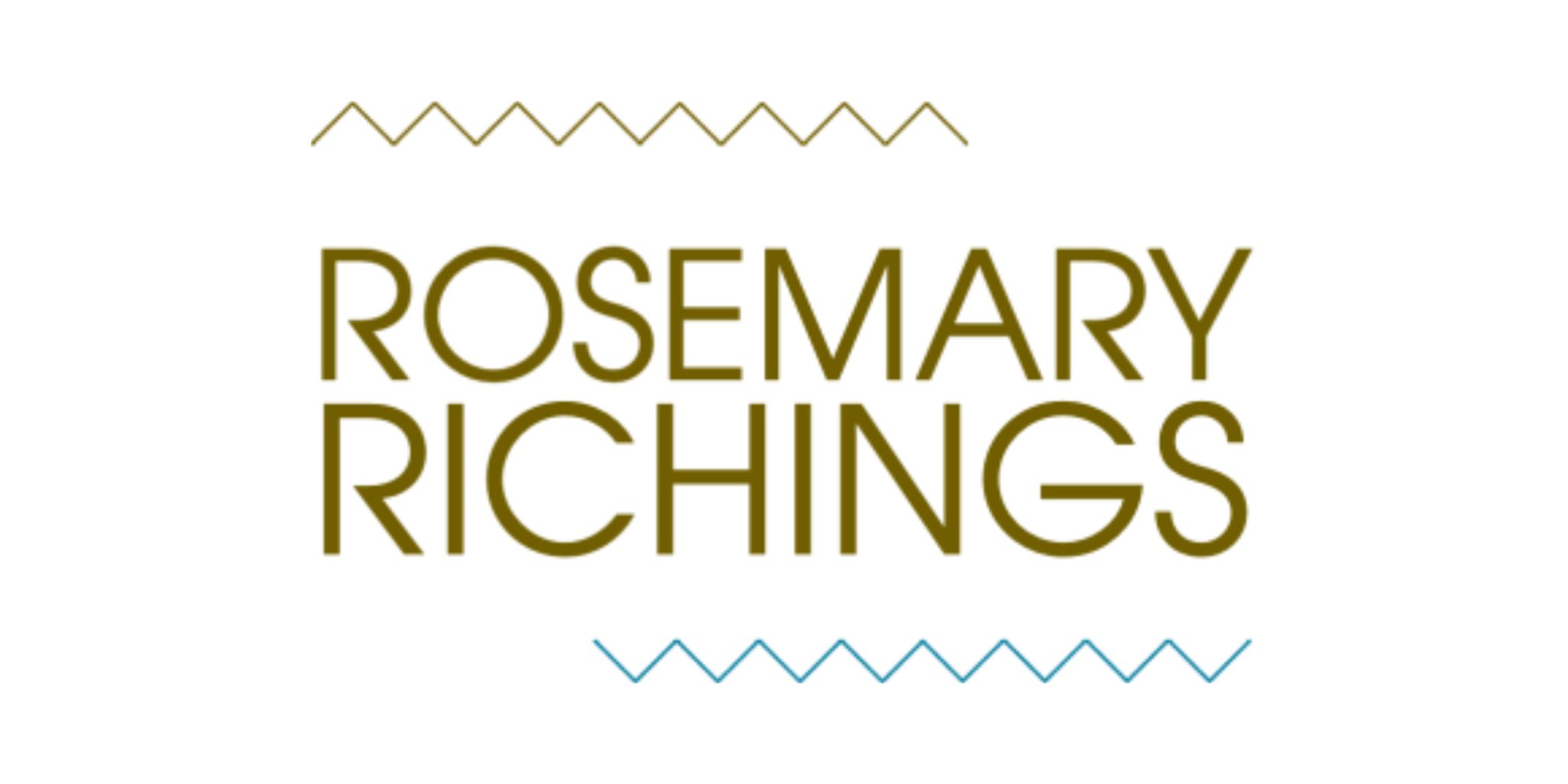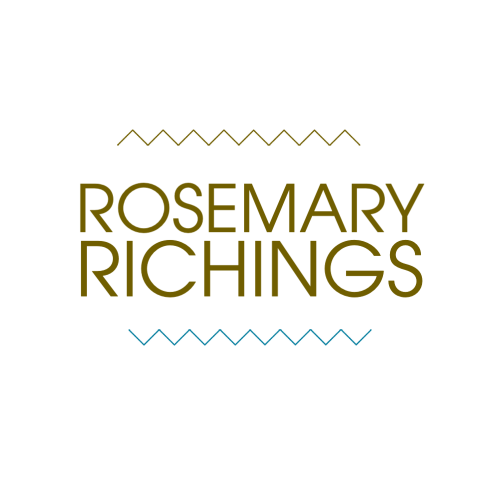Just like most of my peers, clients, and family COVID times has forced a huge mindset shift. No matter how much or how little this has affected you, it’s still a reminder of the fragility of everything from health and wellbeing to our livelihoods actually are. Not to mention, far too many people are separated from your family. If that’s you, I can empathize. My 92-year-old grandma got COVID-19 in an English retirement home, an ocean away from where I’m based. And she survived not only COVID but other health issues as well. Meanwhile, my immunocompromised husband and I are living in a COVID grey zone. And we have worked 100% from home and spent very little time outside the apartment since the pandemic started.
COVID times (on a personal level)
When the pandemic started, I was outside my home country and honeymooning in the picturesque country of Morocco. COVID was just a faint whisper at that point, and there were so few cases that I underestimated what a big deal it would be. Partway through my vacation, the Canadian prime minister’s wife got COVID, and WHO publically labelled COVID a pandemic. Things got very serious and scary when a prestigious Moroccon government official got COVID, and we nearly got stuck in Morocco with no indication of when we would be able to go home. Once I got home, a lot of organizations that hire freelancers cut their freelance budgets. Meanwhile, a lot of my peers were losing their jobs. It has been quite the journey so far, and it has fundamentally changed my priorities. Here’s how.
1) I am meeting an increasing amount of people who live with the same disability as I do
I was an unusually young Dyspraxia diagnosis because I was only four years old when hours of medical tests revealed that I’m Dyspraxic. Most Dyspraxics that I’ve met were diagnosed either in university or when they were a teenager. Meanwhile, a majority of them live in countries where getting a diagnosis is an expensive endeavour. So they identify as self-diagnosed without any answers or closure about the wiring in their brain.
I’m also Canadian
My country, despite its reputation for multiculturalism, has no communities, resources, or support exclusively for Dyspraxics. So for the longest time, I thought my experiences as a Dyspraxic person were unusual. This led to a constant feeling of shame. This shame was from a very heavy place. I couldn’t do a lot of the things my neurotypical peers could do, or it took me longer than them to learn these things.
That upset me because no one else needed the same kind of support as I did. I began to feel like a burden, to my family, friends, and peers. I spent so much of my life thinking that my efforts weren’t good enough. So it was really powerful to build strong emotional connections with people going through the same disability.
What this community did for me during COVID times:
On days that sucked I could get on zoom, talk to other Dyspraxics, and find the humour in my experiences by the first few minutes. On days that didn’t suck, a group of people just like me were rooting for me to succeed. Because the world we all live in is a combination of indifferent and unconvinced that are needs are valid and worth paying attention to.
This pushed me to always do better, do what I could to:
- Raise awareness
- And exceed the expectations of what I can do.
In return, I wanted to see them succeed.
This makes the community’s in-fighting feel so much worse. Because it’s a bit like a kid watching their parents fight. You pick a side because you love them both, and you don’t want to pick a side because you don’t want them to love you less. Although I was willing to do what I could to fight for them against people who were preventing them from succeeding because I wanted one less person to face the same challenges.
A desire awakened in me to combine my content creation and editing projects with my desire to help other people with disabilities succeed. My main goal of 2021, at this point, is to figure out what I want that to look like. I’m past the point of needing to build experience and connections first. So it doesn’t seem that far-fetched really.
2) Isolation is more familiar
I consider myself to be a very blessed person in one regard: no matter what happens in my life, I have plenty of unconditionally supportive family members around. My social circle is small entirely by choice because I’m very close with my family. So a lot more time is dedicated to building my family relationships as much as I can.
I also spent the majority of my life in an urban environment, despite having some, very non-urban experiences; like having relatives who live in more rural areas, a history of riding horses, and a brother in the military. Like most urban dwellers though, my experiences with isolation are pretty recent. It wasn’t until I visited a rural village in Iceland that I knew what being really truly alone feels like. That was roughly three or four years ago.
I’m used to being around people and crave all the things that COVID made me realize I take for granted; like reaching out and hugging another human being, and communities like the gym, and being able to go see a movie or whatever with a friend without it being a big deal. My husband lives with me, sure, but I’m still not used to the uneasiness of being so distant from people outside my household.
During COVID times, being plugged into social media has made me realize that I’m not the only person who feels this way.
From a consuming content and media perspective, I see the content I consume as a reflection of that isolation feeling. I watch people on YouTube who live in a van, and the Hot One’s show, and a guy who samples old MREs and films his reactions. These videos are emotional intimacy in a COVID-friendly context.
And I want to strive for content that has the same affect on people. People need to feel emotional intimacy again. So there’s a demand for that sort of thing, and knowing that I’m helping one less person feel isolated is satisfying. If this becomes the year of more intimate, up close and personal content, I’ll feel like I’m doing something right.
3) I’m more in tune with the parts of having a disability that kind of suck, and I don’t care who knows how I cope
Looking back on when I first started freelancing, I was so young that my first year of freelancing feels like it was a century ago. I was a different person, with different priorities and a different life. I had not yet got over my people-pleasing phase, where I had to work on other peoples’ terms not my own.
Small things, like the podcast I went on recently are a sign of how far I’ve come. It seems small but I started the conversation with:
“Hey guess what? I just had a nap!”
We talked about napping for the first ten minutes after that. The cool part of that though, is that I publicly admitted to having an hour-long nap in the middle of the workday. It was a personal choice because I believe that truly productive creativity happens when not all 8 of the hours you work involve working. Meanwhile, women my age who work from home sometimes feel like they need to apologize about resting for like…a minute.
There’s lots of suffering because of the pandemic for completely valid reasons. But I wanted to do this post in order to do something different. We all need a positivity boost right now, and social media is a super depressing place right now. I mean…like it has always had a dark side, sure, but a lot more suffering is now on display. If everything I just mentioned sounds super cool, follow me on WordPress, follow me on social media, or give my brand new Substack a follow. I also have some spaces free for new content creation projects free this January.
PS: New articles are published bi-weekly on Mondays. Browse more posts:
50+ B2B articles →
100+ writer-to-writer articles →




